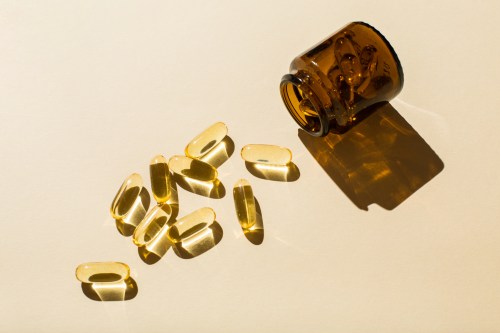I remember being really young and asking my mom why my skin wouldn’t tan as quickly as hers. That’s when she told me about melanin—that darkening pigment within you that causes your skin to tan when exposed to the sun. Everyone’s got their own levels.
Now, scientists are actually looking at that particle (rather, melanin-imitating nanoparticles) as a new means of protecting you from UV damage.
Researchers are creating synthetic forms of melanin to see if it acts as an effective (and totally natural) sunblock.
Scientific American reports that this could be a game-changing form of UV protection—which is totally smart, considering it’s already your body’s natural way of protecting itself from sun-induced DNA damage, the story reports.
This Parisian Skincare Brand Is Launching in the United States for the First Time—Here’s What a Derm Wants You to Know

We’re Calling It: Cleansing Balms Are the Face Wash of the Future—Here Are 3 to Add to Your Cart

This Is the One Product That Scarlett Johansson Always Keeps in Her Purse and on Her Bedside Table

At the University of California, San Diego, researchers are creating synthetic forms of melanin—which creates structures that make a UV-blocking layer surrounding cells’ nuclei—to see if it acts as an effective (and totally natural) sunblock.
Researchers incubated the synthetic melanin cells with nanoparticles that were subjected to UV radiation for three whole days—after which 50 percent of the cells that took in the nanoparticles survived (compared to the 10 percent without).
“Understanding these nanoparticle-skin interactions will give better insights [into] their efficacy as sunscreens or topical treatments” for skin diseases, says Suhair Sunoqrot, a biopharmaceutical scientist at the University of California, Berkeley.
But once more is known about this process, there could be seriously game-changing new sunscreens on the way—no endocrine-disrupting ingredients required.
To be totally SPF-safe, here’s the smart woman’s guide to sun protection. And these are the 9 best sunscreens for your face (no chalky streaks in sight).
Sign Up for Our Daily Newsletter
Get all the latest in wellness, trends, food, fitness, beauty, and more delivered right to your inbox.
Got it, you've been added to our email list.








